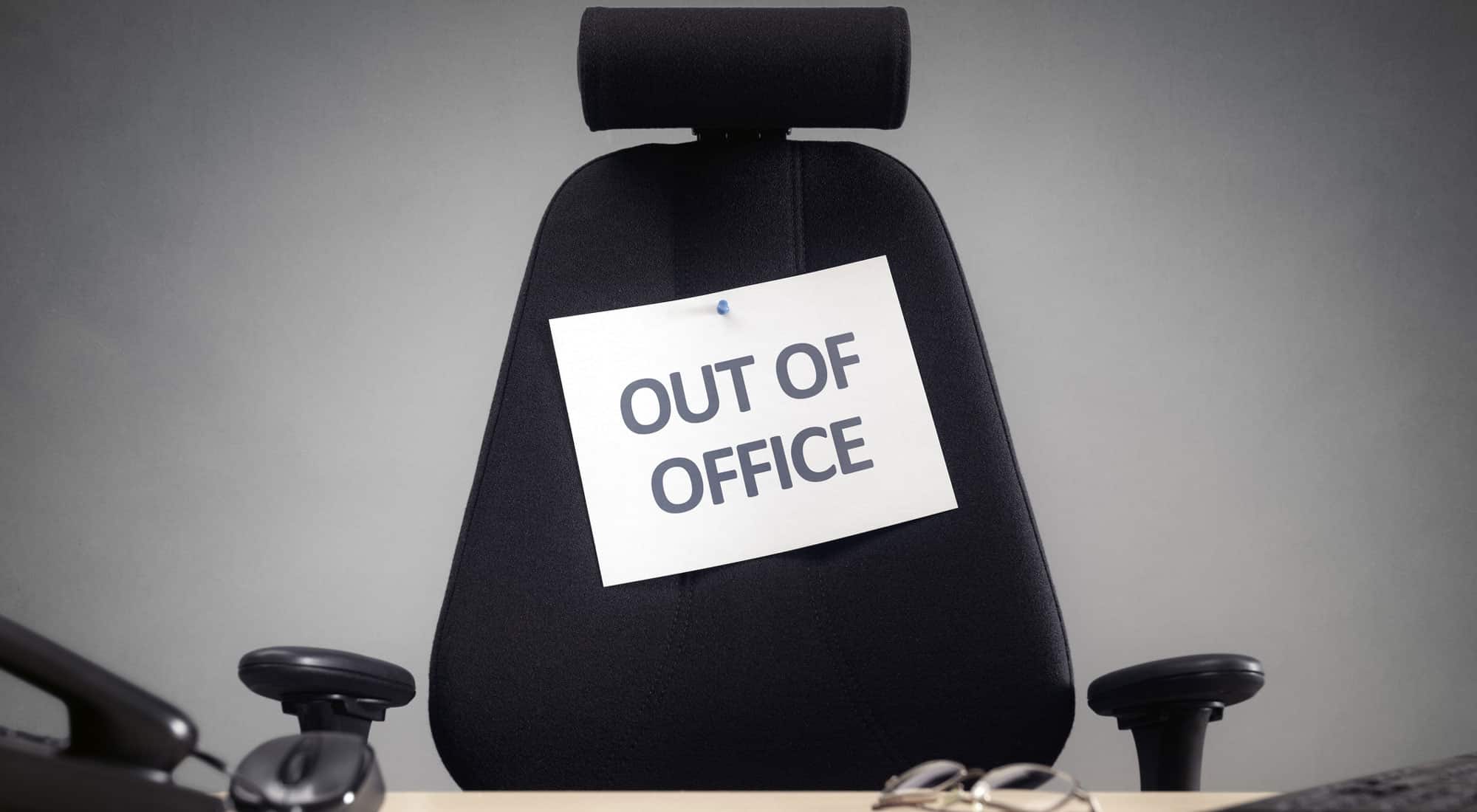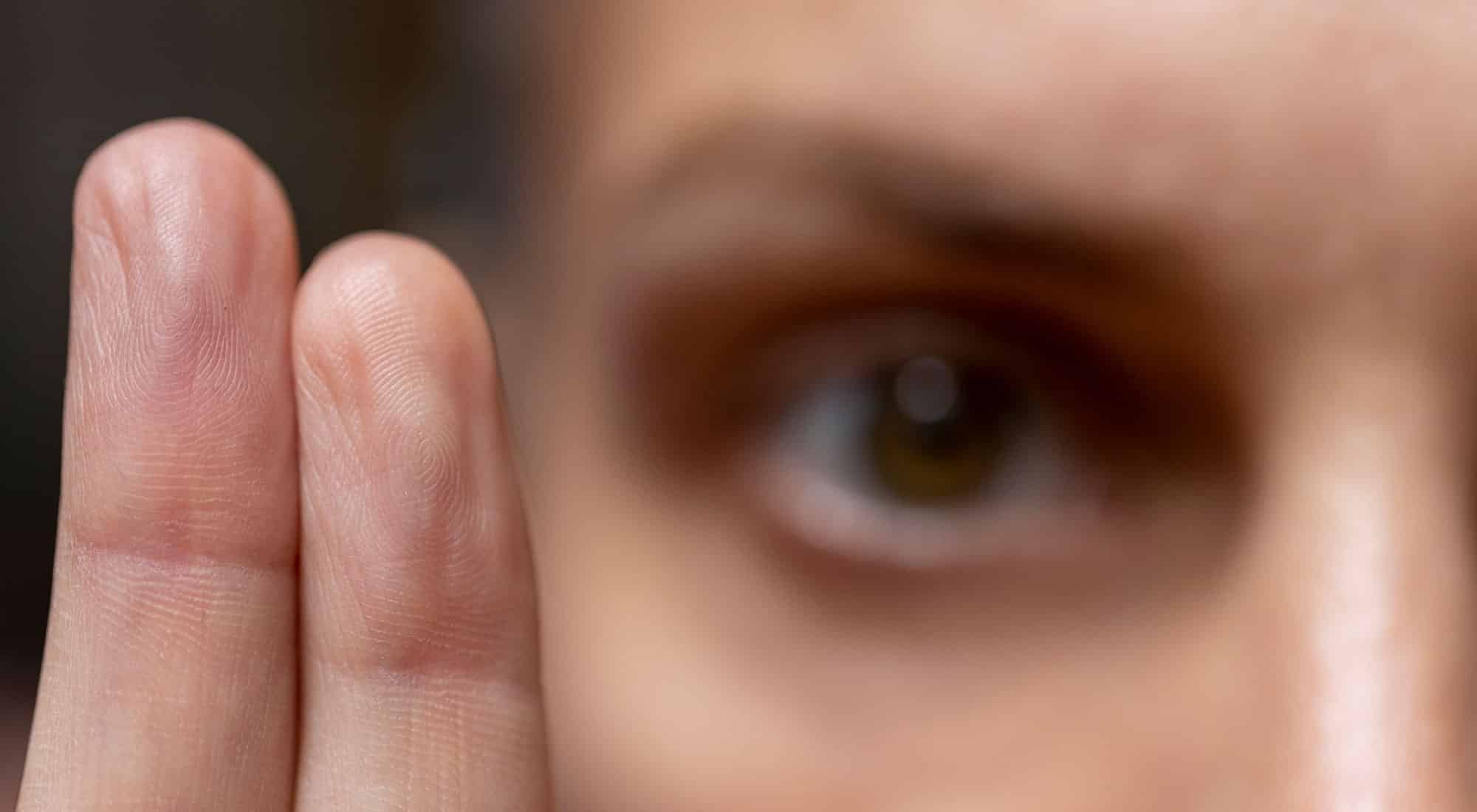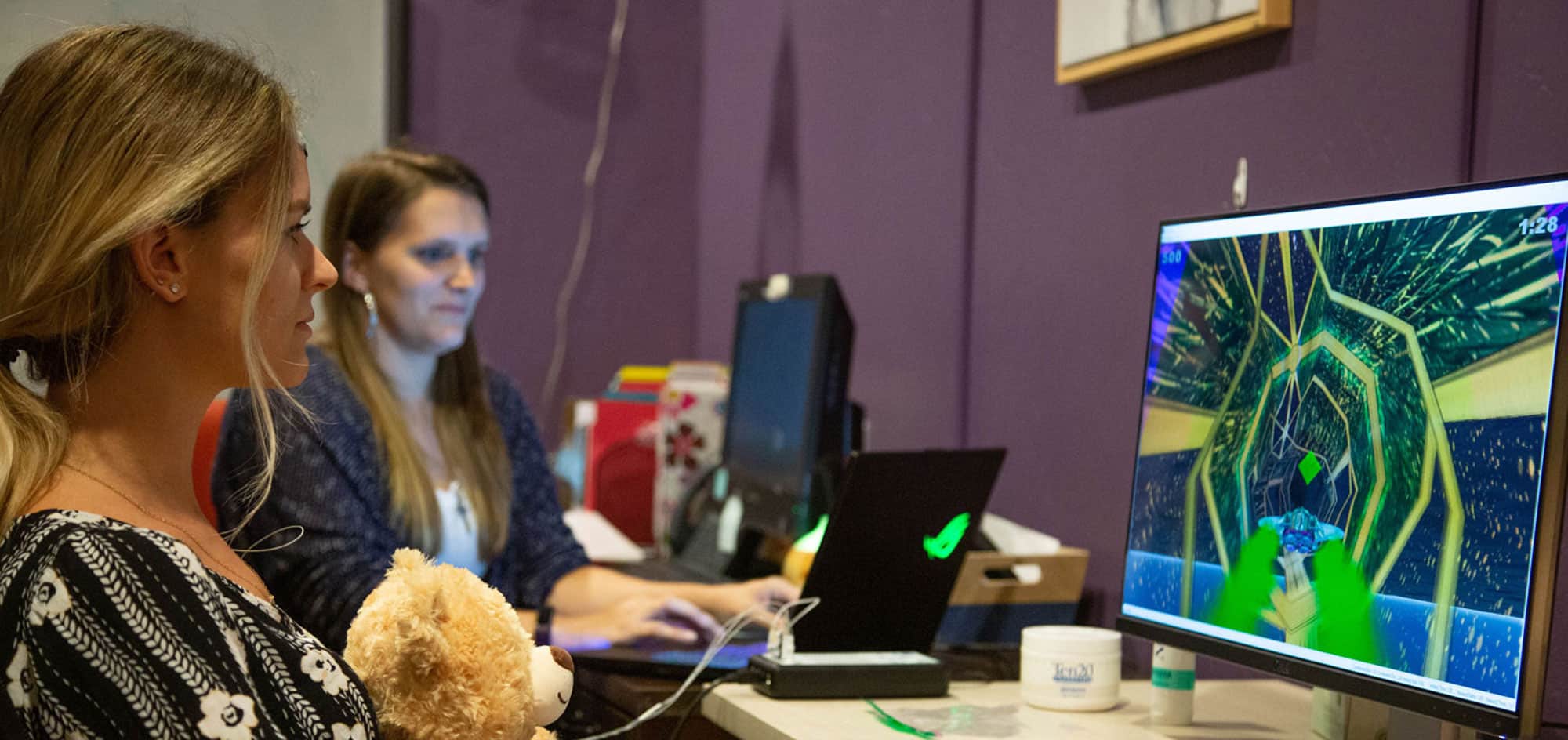

Tag: treatment
-

Inpatient, Outpatient, or IOP? How to Choose the Right Treatment
Selecting the right program depends on the level of care required and where you are in your recovery journey. Explore the most common treatment options here.
-

Why Length of Stay Matters
Does it really matter how long you stay at an addiction treatment facility? When you’re thinking about going to an alcohol or drug rehab program, you may wonder about how long it will take to start healing. You may also be concerned about the length of time you’ll need to take off from work or…
-

Safe and Sound Protocol Study
When we first begin our recovery journey, we may not be ready to make the most of treatment from day one. Wanting to feel better doesn’t necessarily mean we are in the right place to be able to do so. But that doesn’t mean we can’t get there. Some of us just need extra support…
-

What the MISSION Act Means for Veterans
While the VA offers a wide range of healthcare options to veterans, there are still situations where they may be unable to provide what you need in a timely or convenient manner. Fortunately, the 2018 VA MISSION Act was implemented to ensure that veterans get the healthcare they need from outside providers if VA facilities…
-

Why Shouldn’t I Work During Treatment?
We get it. Stepping back from your life — from family, friends, and work — for any amount of time can seem overwhelming, impossible, or just something you’d prefer not to do. Yet most treatment programs ask you to do just this. So there must be a reason for it, right? By taking a look…
-

EMDR & Brain Health
What is EMDR? EMDR stands for “eye movement desensitization and reprocessing.” It’s an effective, low-impact form of therapy used for the treatment of conditions like post-traumatic stress disorder (PTSD), depression, and other mental health conditions.
-

The Mental Health Benefits of Equine Therapy
By Melissa Riddle Chalos Talk to anyone who grew up around horses or those who own, ride, or interact with horses in any way on a regular basis, and they all agree: There’s something therapeutic about being with horses. In fact, the therapeutic nature of horses can be traced as far back as 460 BC…
-

Neurofeedback: Tapping Into Our Brain’s Power
By Anna McKenzie Do you get stressed out easily? Sometimes this stress is due to chronic psychological conditions: Mental health disorders like depression and anxiety have become much more prevalent in America. According to the National Alliance on Mental Illness (NAMI), one in five adults in the United States struggled with serious mental illness in…
-

To Thine Own Self Be True
By Dr. Shelley Uram Authentic Self What is it? Where does it come from? Why don’t most of us know about it? Most of us are well acquainted with aspects of our personality, like being a nice person, an addict, a good employee, the therapist, the hero, the traumatized person, etc. The Authentic Self, however,…
-

Living The Meadows Model
My mother was a kind and gentlewoman. Our house was often filled with the smells of home cooking and baking. Homemade bread, cookies, stews, chili, spaghetti sauce, and more. We had a vegetable garden, and I remember making tea out of mint leaves sweetened with sugar. It seemed like my needs were met. We were…
-

Ho, Ho, NO: Finding Real Joy This Christmas
By Laura Parrot Perry Note: The following post originally appeared on the blog In Others’ Words. The author, Laura Parrott Perry, is a mother, an art teacher, a survivor of childhood sexual abuse, and an advocate for fellow survivors. It is reposted here with her permission.
-

Becoming Fearless with the Help of Al-Anon
By: the Mother of a Past Claudia Black Young Adult Center Patient As my daughter does her recovery work from drug and alcohol addiction and anxiety, I too work my recovery through Al-Anon. I won’t go into details of how my daughter and I both came to this point because I’m guessing many of you…